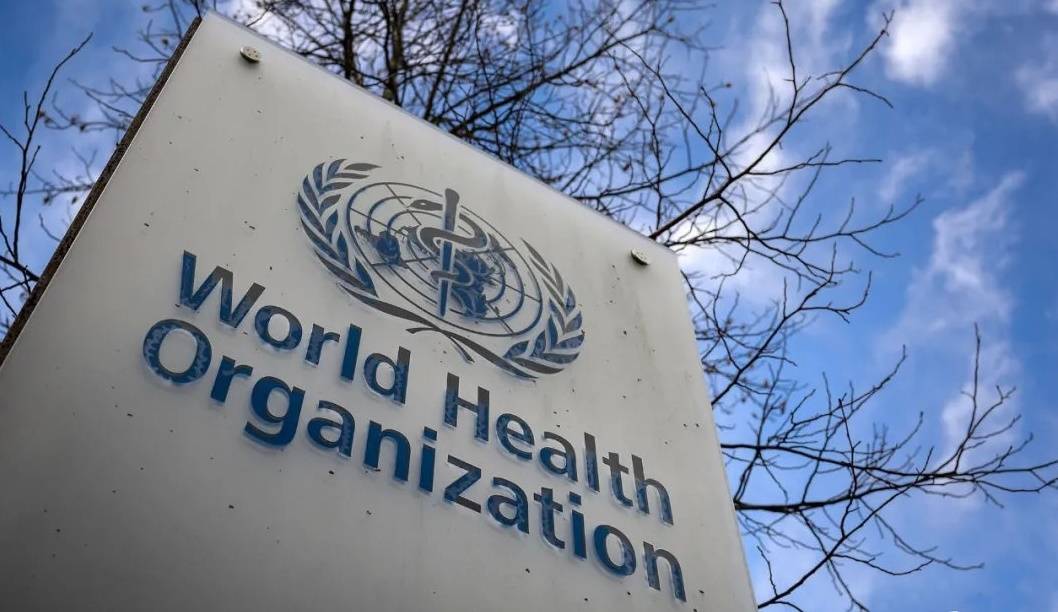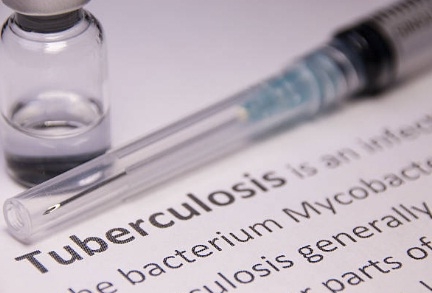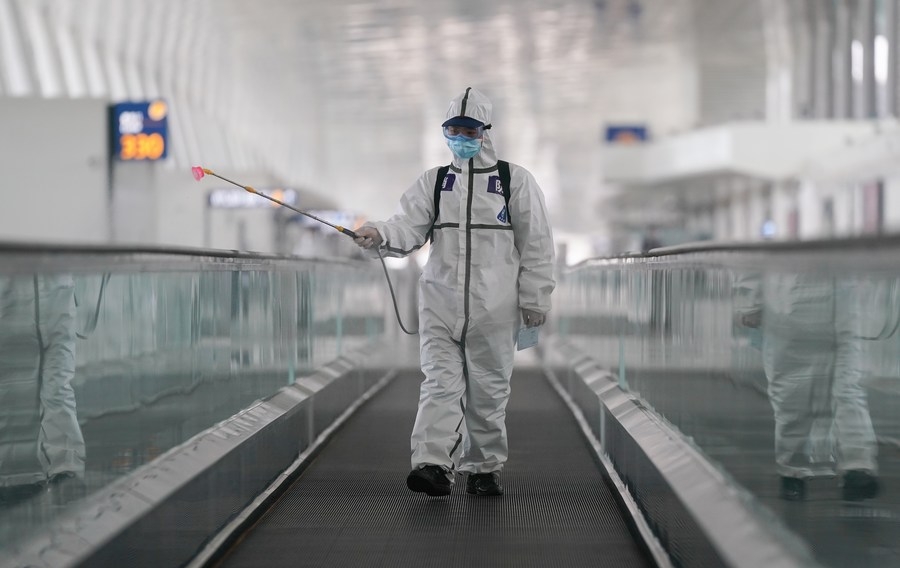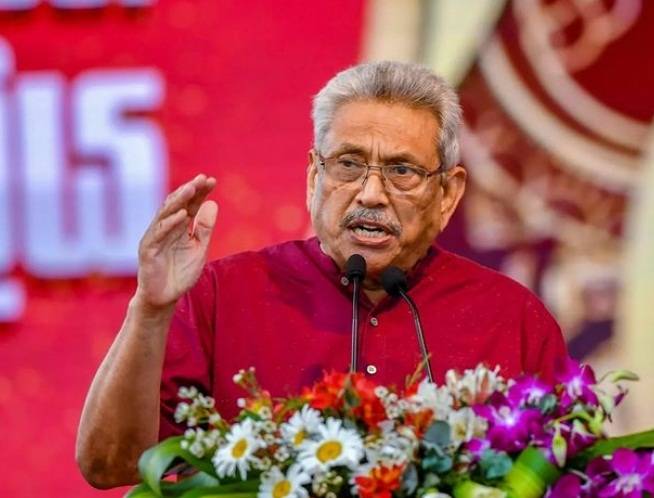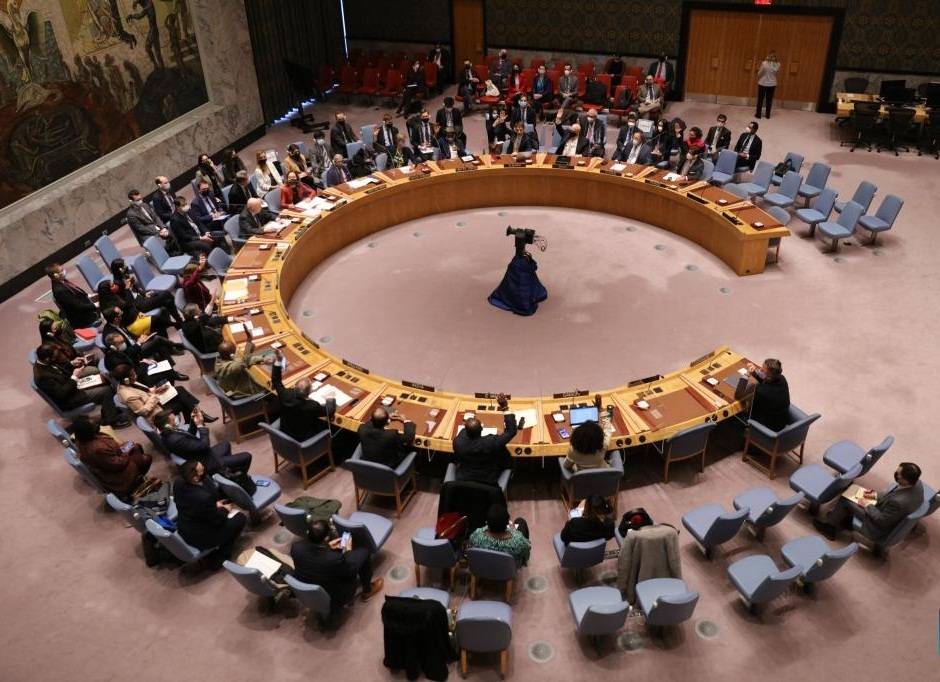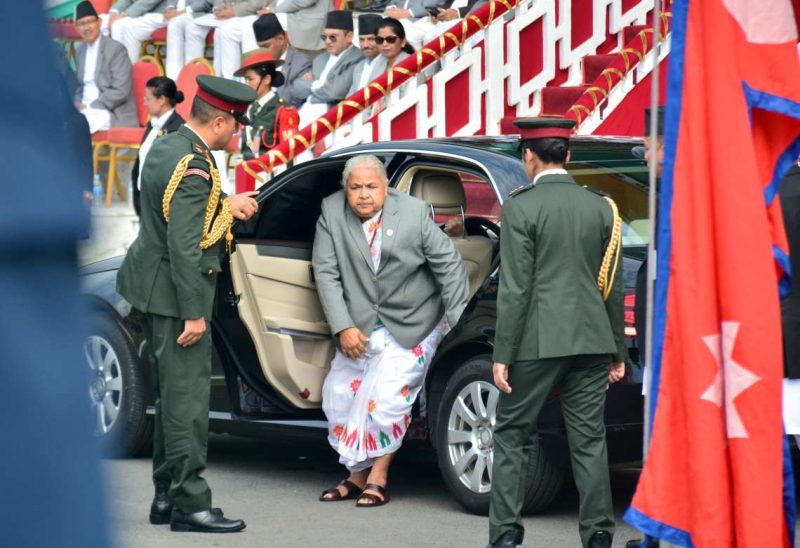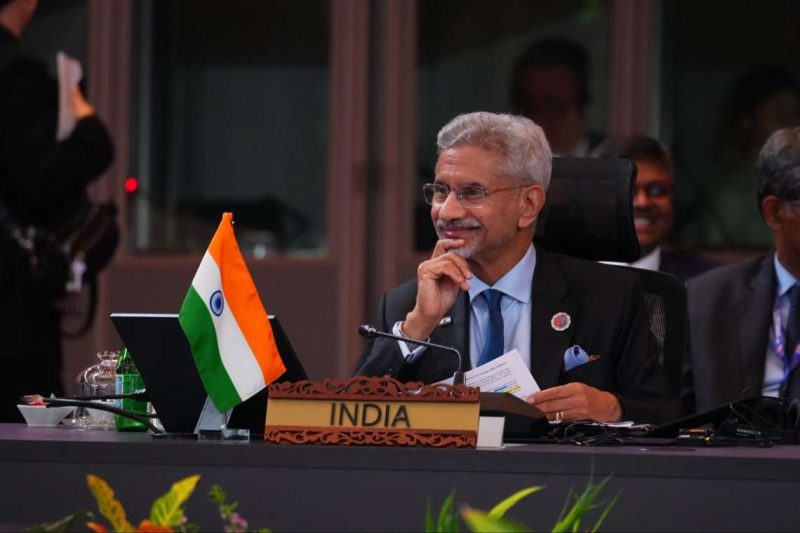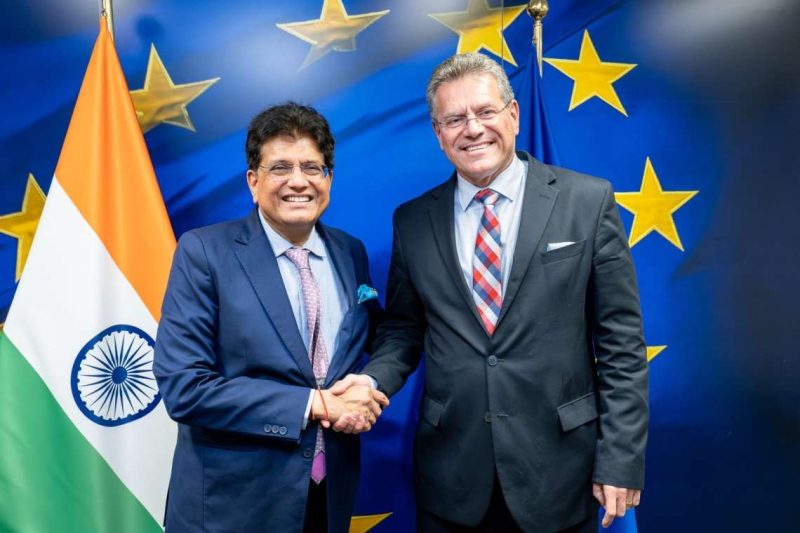Last Friday, the WHO’s Emergency Committee concluded that the virus remains a public health emergency of international concern (PHEIC) and warned of several interlinked challenges….reports Asian Lite News
The ongoing Covid-19 pandemic is “nowhere near over” as the number of new cases worldwide has risen by 30 per cent in the last two weeks, the World Health Organization (WHO) has said.
“I am concerned that cases of Covid-19 continue to rise — putting further pressure on stretched health systems and health workers. I am also concerned about the increasing trend of deaths,” WHO Director-General Tedros Adhanom Ghebreyesus told journalists here on Tuesday, reports Xinhua news agency.
According to Michael Ryan, executive director of the WHO Health Emergencies Program, the recent increase in the number of newly reported Covid-19 cases has been largely driven by Omicron subvariants BA.4 and BA.5, and by the lifting of public health and social measures. Recent changes in testing policies have also been hindering the detection of new cases and the monitoring of the evolution of the virus, he said.
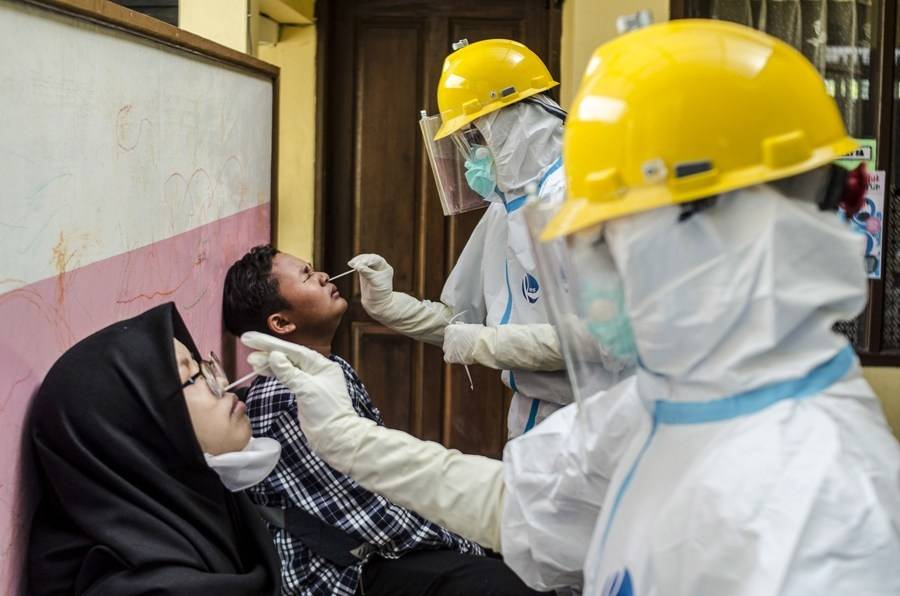
Last Friday, the WHO’s Emergency Committee concluded that the virus remains a public health emergency of international concern (PHEIC) and warned of several interlinked challenges.
For instance, though Omicron subvariants BA.4 and BA.5 continue to drive the new waves of infections, hospitalizations and deaths around the world, surveillance – including testing and sequencing — has dropped significantly, making it increasingly difficult to assess the impact of variants on transmission and the effectiveness of countermeasures.
“New waves of the virus demonstrate again that Covid-19 is nowhere near over, and the virus is running freely and countries are not effectively managing the disease burden based on their capacity,” Tedros said.
He urged governments to deploy tried and tested measures like masking, improved ventilation and test and treat protocols, while regularly reviewing and adjusting Covid-19 response plans based on the current epidemiology and also the potential for new variants to appear.


